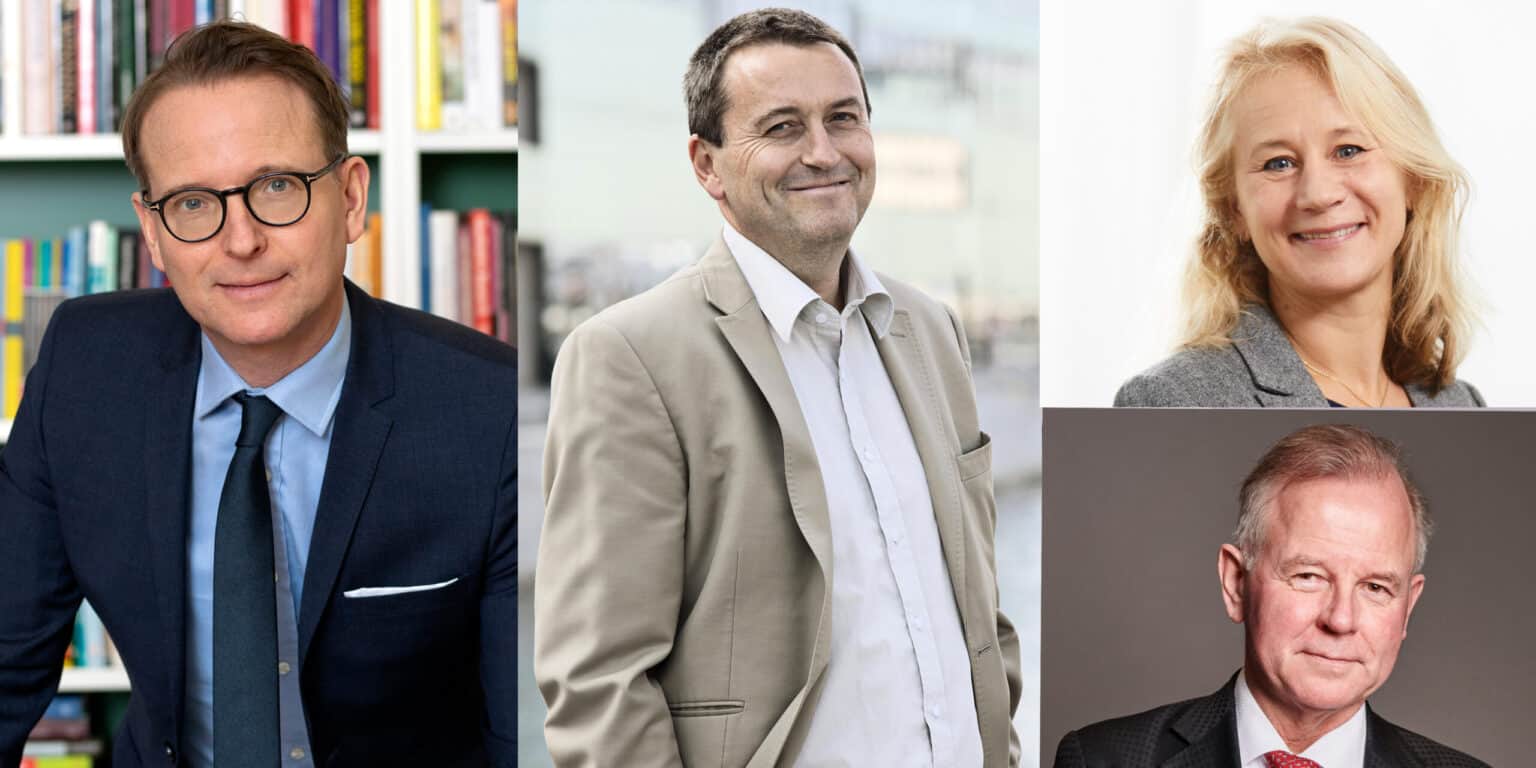From 1 January 2022, Chalmers’ vice-chancellor Stefan Bengtsson has a monthly salary of SEK 205 200. Compared with the corresponding date in 2021, this means a wage increase of 8.5 per cent.
In August 2021, Stefan Bengtsson was given a new three-year appointment, which meant that his monthly salary rose from SEK 189 100 to SEK 200 000, an increase of 5.8 per cent.
Received two pay rises
When it was then time for the normal salary adjustment, his new monthly salary for 2022 was set at SEK 205 200, which meant a further increase of 2.6 per cent.
“The terms of this agreement and the fact that Stefan Bengtsson, in addition to being the vice-chancellor, is also the university’s CEO, provide the framework for the current salary. The board and the university will not comment further on the matter,” wrote Chalmers’ press department in an email reply to Universitetsläraren.
Stefan Bengtsson is currently the vice-chancellor with the second highest salary in higher education, and one of two with a salary in excess of SEK 200 000 a month.
The union supported the reappointment of the vice-chancellor, says Peter Hellqvist, chair of Saco-S at Chalmers. “We think that Stefan Bengtsson has done a good job for Chalmers and the local union has a good dialogue with him.

“Members received too little”
As for the size of Bengtsson’s salary increase, he offers no opinion but points out that the members received an average salary increase of 2.6 per cent during the corresponding period. The union feels that is too low, given the current rate of inflation and the increasing costs of goods and services. Hellqvist emphasises, however, that Saco-S members, just like the vice-chancellor, can also be paid a higher salary if they get a new position.
“You could say that we want to push up salaries in general, and we see Stefan’s higher salary increase as a sign that our members should get more. We have undergone downsizing and cost savings in recent years, so many employees are really worth better salary development.”
The highest earner
Lars Strannegård, vice-chancellor of the Stockholm School of Economics, earns the most of all vice-chancellors in higher education. His new monthly salary is SEK 235 620, an increase of 2 per cent. Strannegård has topped the list in the years since Universitetsläraren began covering vice-chancellors’ salary levels.
In third place is Ole Petter Ottersen, vice-chancellor of Karolinska Institutet, who has a monthly salary of SEK 147 800, an increase of 1.7 per cent.
The highest placed woman on the list is Agneta Marell, vice-chancellor of Jönköping University, who earns SEK 142 800 a month, which is a salary increase of 2 per cent. She has the fourth highest salary of all vice-chancellors.
The lowest earners
While privately run higher education institutions are at the top of the list, artistic institutions are found at the bottom. Maria Lantz, the vice-chancellor of Konstfack, the University of Arts, Crafts and Design, earns SEK 100 600, the Royal College of Music’s Helena Wessman earns SEK 100 000 and the Royal Institute of Art’s Sara Arrhenius earns SEK 98 300, making her the only vice-chancellor who earns less than SEK 100 000 a month.

















